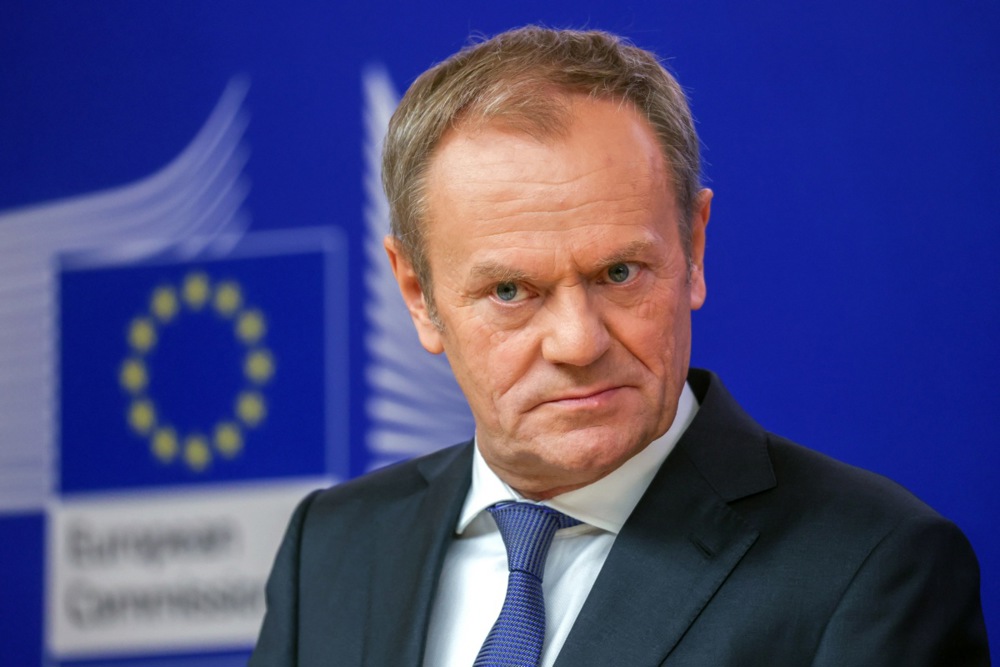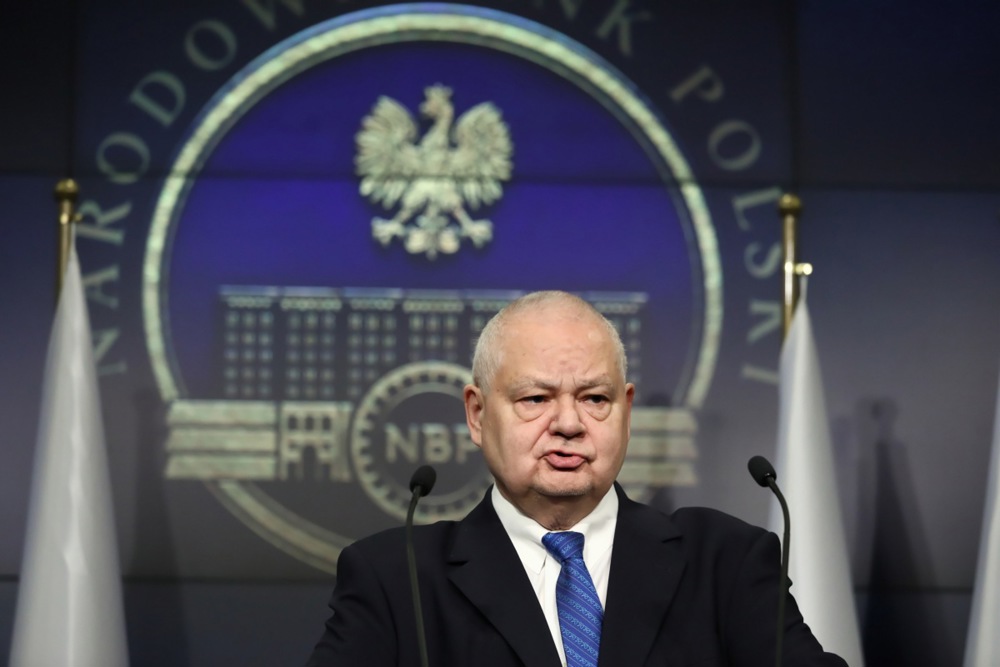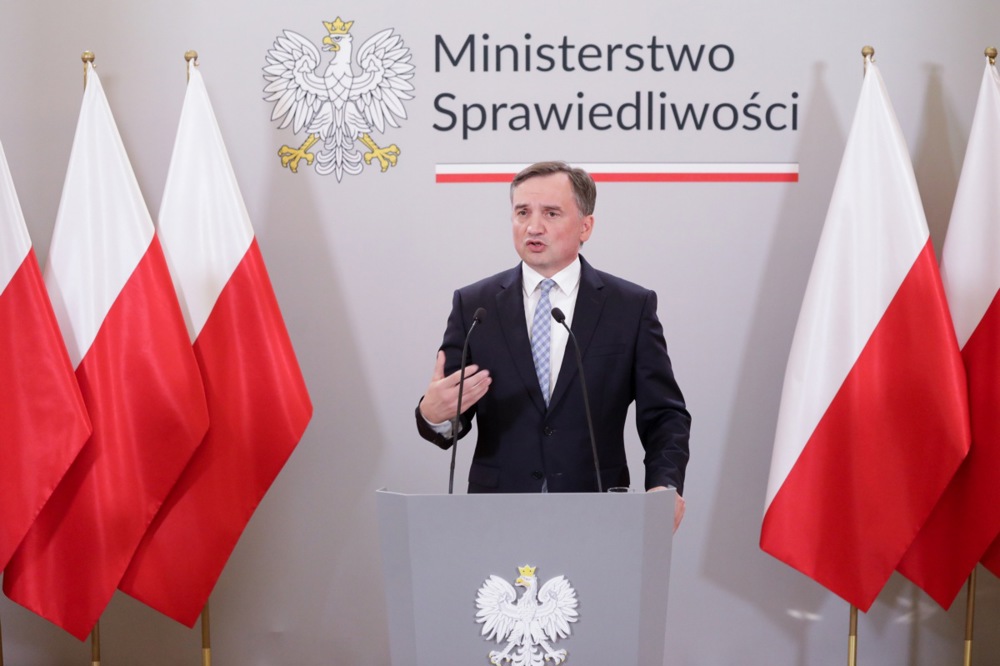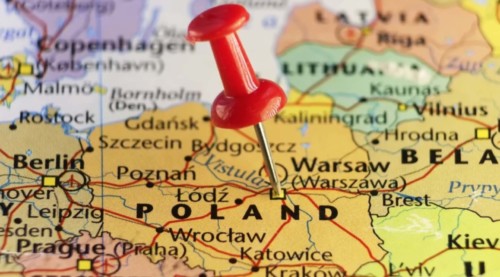Influential Polish daily Rzeczpospolita is leading the charge for the country’s entry into the Eurozone.
That comes just as new Prime Minister Donald Tusk is mulling an attempt to remove the head of the Polish central bank Adam Glapiński, who is against the country giving up its own currency, the złoty.
The previous Conservative PiS government was set against introducing the euro but Tusk and his party have always been sympathetic to the idea despite potential constitutional and political problems.
When Tusk led a previous government, between 2007 and 2014, he and his party made noises about Poland preparing for entering the Eurozone – but the financial crisis of 2008-2010 persuaded them not to. Jacek Rostowski, the finance minister at the time, sided with those who felt Poland needed to keep its own currency.
Recent Polish polls indicate that around 65 per cent of voters are opposed to adopting the euro, fearing cost-of-living rises and declines in the value of real pay.
On the other hand, large and medium-sized businesses back such a move by around 3 to 1.
With Tusk now back in Government, Rzeczpospolita is arguing that Poland is losing out financially by resisting the euro.
Longstanding editor Bogusław Chrabota has called for a national debate over Poland’s path to membership of the Eurozone now the PiS administration is out of the way.
The arguments for Poland adopting the euro are well rehearsed; in its European Union accession treaty Warsaw accepted it would one day join the currency.
Advocates argue that would bring Poland into the core group of EU countries and increase long-term economic security by further integrating its economy with Western Europe.
Neither the PiS nor its rival on the Right, the Confederation party, want the euro. During its eight years in power, the PiS scrapped the government office responsible for analysing the issue.
The Confederation party’s leader, Krzysztof Bosak, still argues that the reduction of risk on exchange does not compensate for the what he sees as a loss of economic flexibility and sovereignty of having one’s own currency.
Even on the Left there are those such as Adrian Zandberg, the leader of the Together party, which supports the Tusk Government, who feel rushing entry into the Eurozone may hurt the Polish economy.
Zandberg wants to first see greater convergence between the Polish and Western economies in terms of investment, pay and social benefits before the introduction of a common currency in all European States.
Glapiński, a longstanding associate of PiS leader Jarosław Kaczyński, recently argued that Poland’s economic success has been achieved partly because the country kept its own currency.
Over the past two decades, Poland’s GDP has doubled, whereas that of Germany rose by less than a quarter. Polish unemployment has come down to just 3.4 per cent from 20 per cent over the same period and is now the second-lowest in the EU.
Glapiński said that is down to sound economic policy, part of which was keeping the country’s currency. He believes countries in the Eurozone are reliant on external decisions taken by the European Central Bank (ECB) that are targeted not at their specific needs but at the general need of the euro area.
PiS MP Zbigniew Kuzmiuk told Brussels Signal that he suspected Tusk and his party may try to pre-empt Poland entering the Eurozone by joining the European Exchange Rate Mechanism (ERM) II system, which is a requirement of adopting the euro.
Membership of ERM II requires the finance minister, together with the head of Poland’s central bank, to apply to the ECB proposing a fixed rate of the złoty against the euro, forcing the central bank to defend that set value with only 15 per cent variations either way.
Kuźmiuk argued that “it is this possible intention to join ERM II which may be behind Tusk’s determination to remove Glapiński as head of the central bank”, as it would be impossible to manage that process without co-operation from the central bank head.
Brussels and Berlin may be keen on Poland fulfilling the undertakings in its accession treaty on joining the European single currency. Alongside that, though, they want no repeat of the problems Southern European countries faced when their entry into the Eurozone proved premature because their economies could not adequately compete with those of Western and Northern Europe.
Glapiński wants to see Poland adopt the euro only when its economy has achieved reasonable convergence with the rest of Western Europe. He feels Warsaw should only join ERM II when it has reached around 80 to 90 per cent GDP equivalent per head of its main trading partner, Germany.
That may still not be enough. To enter the Eurozone, the złoty has to be removed from the Polish Constitution – which would take a two-thirds majority in Parliament.
That could only realistically achieved if Poles supported the move in a referendum – a prospect which still seems a very long way off.





